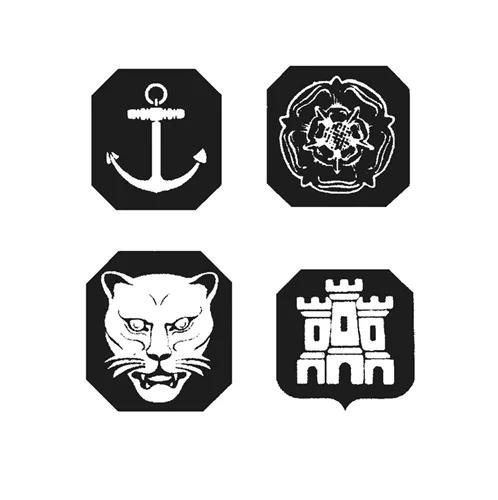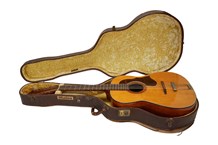
Posted on the UK government’s website last week, the consultation is seeking for views from members of the trade and public into “whether hallmarks applied by UK Assay Offices overseas should be different from hallmarks applied in the UK”.
According to the consultation’s description, responses will “inform the decisions taken in respect of hallmarks used off-shore and the guidance we will produce for the trade and consumers.”
Critics of offshore stamping say that the assay offices striking identical or very similar hallmarks to traditional UK marks from sub-divisions in India and Italy threatens the oldest form of consumer protection.
The issue came to the fore in particular after Birmingham Assay Office’s sub-division in Mumbai, India began stamping of items with identical UK marks – including the anchor symbol which has been used to identify items assayed in Birmingham in the UK since 1773.
Last year campaigners launched a petition calling for these overseas hallmarks to be different and formed a group called British Hallmarking Protection Alliance.
In June this year, Robert Organ, deputy warden at The Goldsmiths’ Company Assay Office in London, spoke out against overseas hallmarking.
“There is a real danger that the credibility of their [Birmingham’s] mark could be devalued,” he said.
“We would never entertain the idea here. If we were to ever consider hallmarking overseas it would be with a different mark altogether, not the leopard.”
Anyone wishing to make their views known by participating in the consultation should visit the UK government website or email bhcconsultation17@gmail.com





